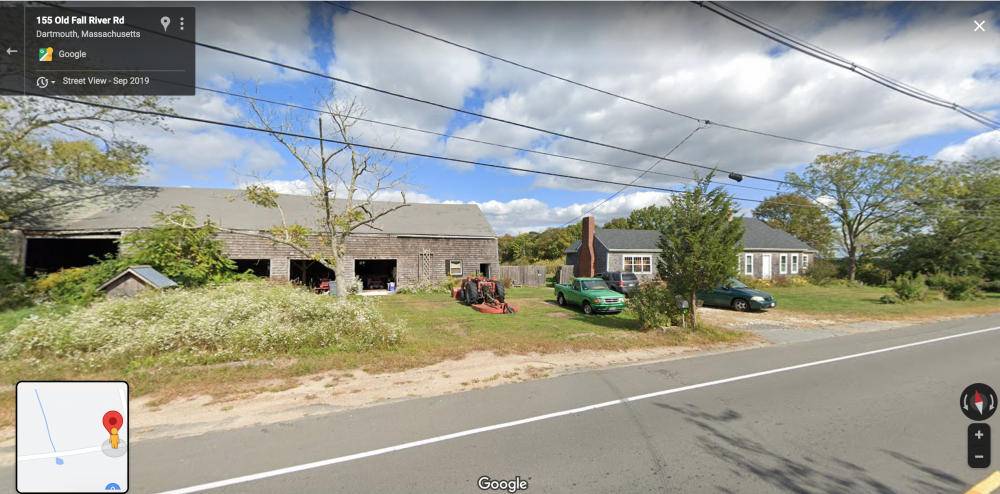Select Board and Planning Board sue Zoning Board of Appeals over cannabis cultivator
The approval of a use variance for a cannabis cultivation facility on Old Fall River Road has brought three town boards into Bristol Superior Court.
Building Commissioner Joseph Braga, the Select Board and the Planning Board filed an appeal on May 24 against three Zoning Board of Appeals’ members because of their approval of the use variance.
A use variance allows a property owner to use their property in a way that’s restricted by existing zoning requirements. In this case, that use is cultivating marijuana indoors.
The Zoning Board approved the variance at its April 26 meeting. The variance was first sought in March 2022 by the land’s owner, Claudia Arsenio, and the request saw ample pushback from local residents. Arsenio, who is also listed as a defendant, told the ZBA at the time that she was requesting the variance because farming had become difficult due to the land’s high water table and wild animals.
Arsenio, in an interview with Dartmouth Week, called the appeal “offensive and slanderous.” Arsenio said the amount of money she’s made on the farm is not enough to sustain her and her family, which is why she sought the use variance.
“I’m making like three dollars an hour on my effort,” Arsenio said. “I cant afford to do that in this stage of my life.”
The complaint states that the town purchased the land at 155 Old Fall River Road in 2006 to “preserve the historical property for agricultural purposes,” and in 2013, sold the property to Arsenio at a loss of $795,000. Prior to the sale, the town placed an agricultural preservation restriction on the lot, which is a deed restriction meant to protect productive farmland in Massachusetts by preventing other uses of the property.
Arsenio said cannabis is considered agriculture by the Massachusetts Department of Agricultural Resources and should be allowed under the land’s APR. Additionally, Arsenio said the town fails to mention that the property was in severe disrepair in 2013, and required her to take out $300,000 in loans to fix it up.
The appeal also takes issue with the ZBA’s assumption that the land cannot be used for any other agricultural uses, “such as raising farm animals, growing non-cannabis crops in the proposed indoor facility, or stabling and training draft animals.” Rather, the use variance enables Arsenio to grow “the only crop that is separately regulated and restricted” by the state and town.
But Arsenio said she’s already tried those other uses, and they were “proven to be unsustainable on [the] property.” She said cannabis is the only crop that would be lucrative enough to be sustainable.
Moreover, the complaint argues that the land can be farmed — in fact, it has been farmed by Arsenio as recently as 2022.
“That Defendant Arsenio has been unsuccessful as a farmer on land that has been successfully farmed for hundreds of years … is not a zoning concern,” the complaint reads.
Arsenio said she’s had other farmers come out and evaluate the property, who confirmed the poor farming conditions.
The plaintiffs also argue that the ZBA’s decision would negatively affect the public, as it would place a marijuana facility in the “traditional homestead farming area of the town,” and the town already spent a significant sum back in 2006 to preserve the land for agriculture.
Braga, the Select Board and the Planning Board ask that Bristol Superior Court annul the ZBA’s decision and deny Arsenio’s application for a variance.
Even if the appeal goes her way, Arsenio fears she’ll never be granted a community host agreement anyway, which would prevent her from opening the cannabis farm. She asks that people sympathetic to her situation reach out to the Select Board and let them know.
“I have no means to be able to fight and I believe the town knows that,” Arsenio said. “Unfortunately, this is what happens to poor people.”
Braga and Town Administrator Shawn MacInnes declined to comment on the lawsuit.












